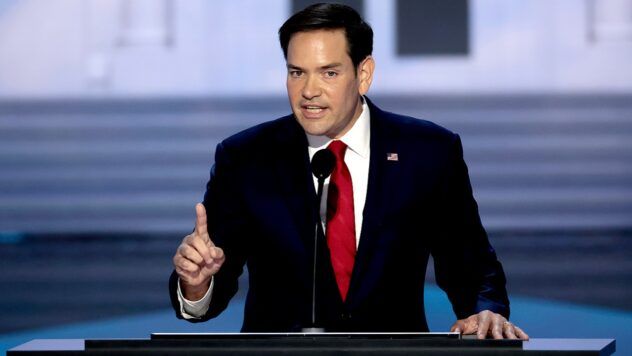As of July 1, the United States Agency for International Development (USAID) will officially cease administering foreign aid programs.
The U.S. Department of State will be responsible for administering foreign assistance programs that are consistent with the policies of the current administration and that advance the national interests of the United States.
US Secretary of State Marco Rubio announced this on the Substack platform.
Now watching
USAID will not administer foreign aid programs
Rubio stressed that this approach will allow these programs to be implemented “with greater accountability, strategy and effectiveness.”
“The era of government inefficiency is over. From now on, responsibility for foreign aid programs will rest with American taxpayers,” he wrote online.
An important part of the new direction, he said, is clearly defining priorities.
“We will make no apologies for recognizing that the United States' long-standing commitment to humanitarian assistance and economic development abroad must be directed toward advancing America's foreign policy above all else,” he said.
Prerequisites for the closure of USAID programs
The process of reforming USAID's operations began on February 24, 2025, when the Trump administration initiated massive cuts at the agency that affected thousands of its employees.
On March 10, Rubio announced that the U.S. State Department was officially terminating 83% of USAID programs after a six-week audit.
On March 20, the Trump administration developed a plan to significantly reform the United States' foreign aid program, which included focusing funding on priorities that align with the country's geopolitical interests.
On April 7, the UN expressed concern and warned that cuts to aid budgets could lead to increased mortality rates during pregnancy and childbirth.
An investigation by the New York Times found that as of May 7, more than half of USAID's programs that were still operational were focused on crisis response and helping people affected by disasters and conflicts.
The remaining programmes also included initiatives to combat malaria, tuberculosis and HIV.

